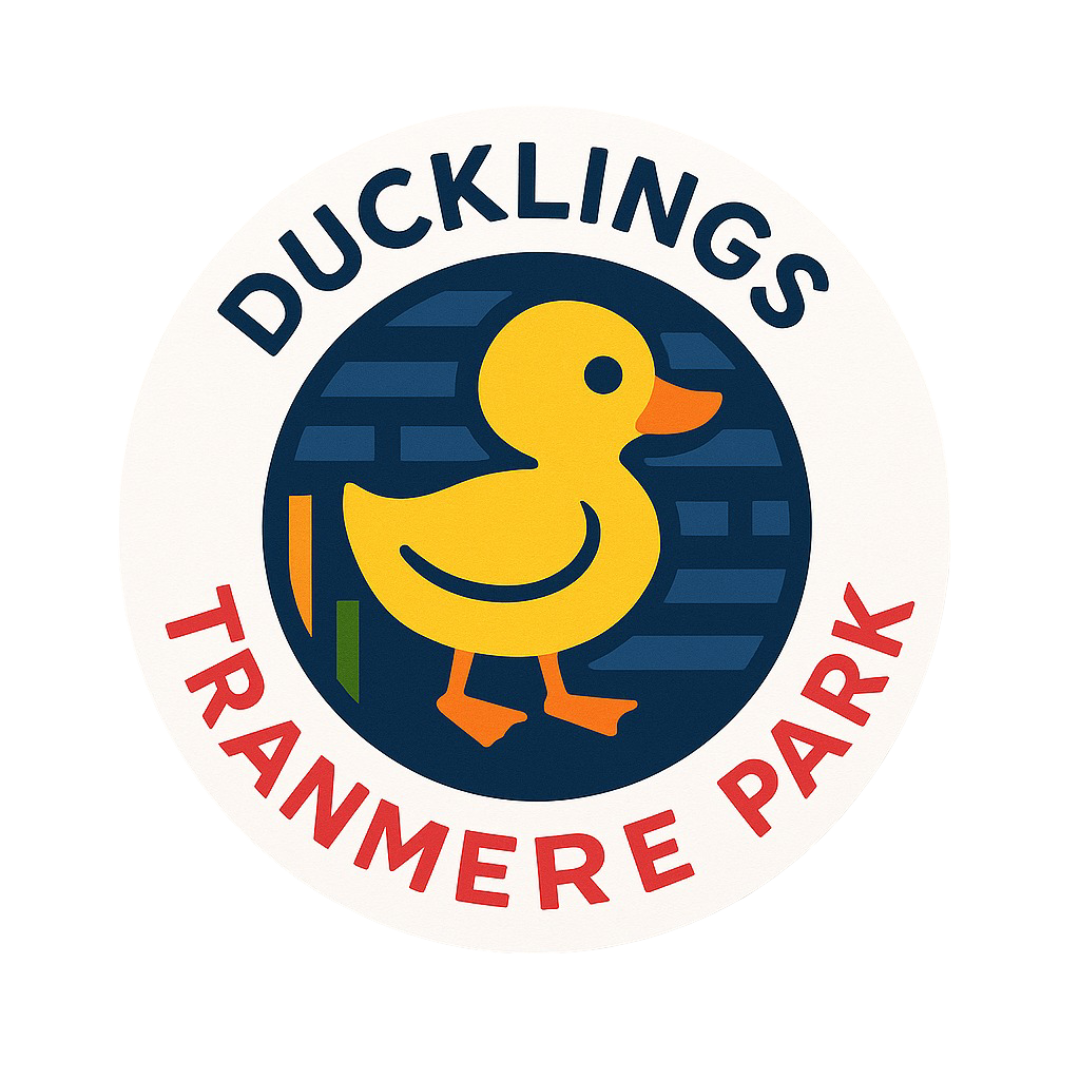
Welcome
At Tranmere Park, we’re proud of our friendly, happy and caring school. We know that primary education only takes 7 years, but a great start lasts a lifetime. Each of our pupils is valued and encouraged to achieve to the best of their abilities.
We’re also a very successful place to learn – promoting early achievement in the core skills of reading, writing and mathematics and with very high levels of attainment throughout school – KS2 outcomes regularly place us at the top of league tables in Leeds and in the top 2% of schools nationally.
Read More
 Adventures
Adventuresbeyond
the classroom
 Curriculum
Curriculum
Children at Tranmere Park are taught in a well equipped, stimulating environment by a team of talented and dedicated staff. The school is fortunate to be situated in an attractive setting and enjoys an excellent local reputation.
 Sporting Achievement
Sporting Achievement  Enrichment
Enrichment
















Social Media